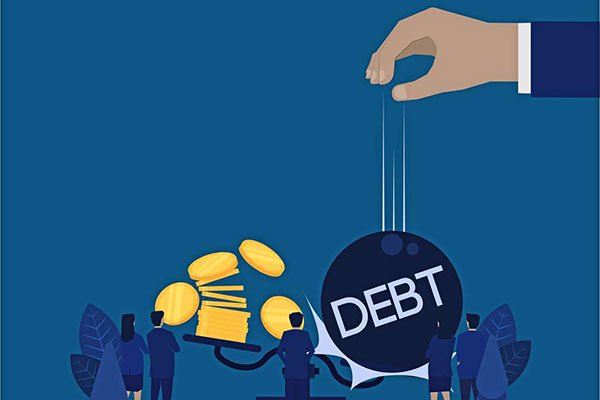Nigeria’s public debt reached N44.6 trillion in the third quarter of 2022 (Q3 ’22), according to data released by the Debt Management Office (DMO).
When compared to the N42.84 trillion recorded in Q2 of 2022, the figure represents a 2.9 percent quarter-over-quarter increase.
This is contained in a press release on the Debt Management Office’s website.
It added that the total public debt stock comprises domestic debt of N26.92 trillion and external debt of N17.5 trillion.
“As of September 30, 2022, Nigeria’s total public debt stock, which comprises the total domestic and external Debt Stock of the Federal Government of Nigeria (FGN), all State Governments and the Federal Capital Territory (FCT) stood at N44.06 trillion”, the statement added.
Prior to this declaration, Nigeria had a total public debt of N42.84 trillion as of June 2022.
The total domestic debt stock as of September 30, 2022, was N26.92 trillion, while the total external debt stock was N17.15 trillion, according to the DMO.
According to the DMO, the federal government’s recent borrowings to help offset the deficit in the 2022 appropriations act, as well as recent borrowings by sub-nationals, are primarily to blame for the increase in the debt stock.
Data from the DMO’s external and domestic debt servicing also showed that the country spent N1.17 trillion on debt in the third quarter (Q3) of 2022.
Service of the domestic debt cost N820.59 billion, and service of the external debt cost N356.92 billion ($801.23 million).
In comparison to the N935.46 billion spent in the corresponding period of 2021, the federal government’s first-half 2022 domestic debt service expenditures totalled N1.33 trillion, a 42.5 percent increase.
This money was used in large part to pay off debts to neighbourhood contractors.
Domestic debt service rose from N1.19 trillion to N1.2 trillion in the second half of 2021, a 19.2% increase.




